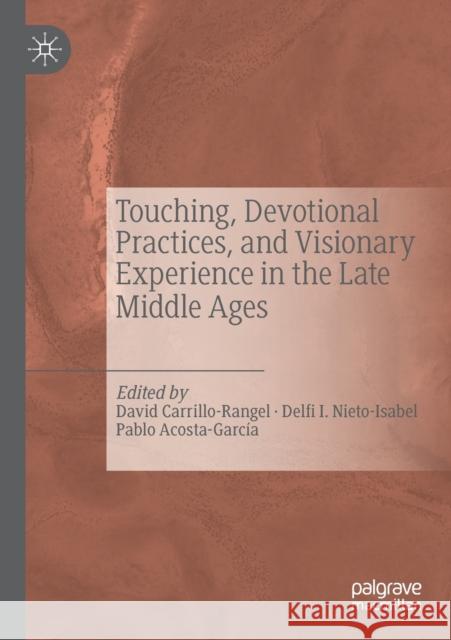Touching, Devotional Practices, and Visionary Experience in the Late Middle Ages » książka
topmenu
Touching, Devotional Practices, and Visionary Experience in the Late Middle Ages
ISBN-13: 9783030260316 / Angielski / Miękka / 2021 / 276 str.
Touching, Devotional Practices, and Visionary Experience in the Late Middle Ages
ISBN-13: 9783030260316 / Angielski / Miękka / 2021 / 276 str.
cena 241,50
(netto: 230,00 VAT: 5%)
Najniższa cena z 30 dni: 231,29
(netto: 230,00 VAT: 5%)
Najniższa cena z 30 dni: 231,29
Termin realizacji zamówienia:
ok. 16-18 dni roboczych.
ok. 16-18 dni roboczych.
Darmowa dostawa!
Kategorie BISAC:
Wydawca:
Palgrave MacMillan
Język:
Angielski
ISBN-13:
9783030260316
Rok wydania:
2021
Wydanie:
2019
Ilość stron:
276
Waga:
0.37 kg
Wymiary:
21.01 x 14.81 x 1.65
Oprawa:
Miękka
Wolumenów:
01
Dodatkowe informacje:
Wydanie ilustrowane











